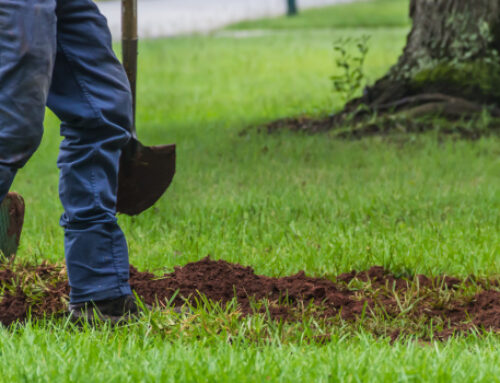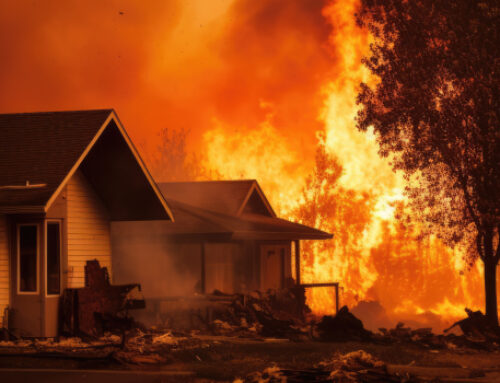Imagine a way in which to reduce crime in your neighborhood while simultaneously sparking fellowship and engagement among homeowners and local law enforcement. Considering these possible benefits, a crime watch committee may appear to be an opportunity for homeowners to serve as a vital utility in securing the entire community’s safety and camaraderie. However, the potential for negative consequences may outweigh the seemingly-positive outcomes.
Below are a few examples of the possible complications that can arise from crime watch committees:
False Sense of Security Among Homeowners
The neighborhood may assume that by having a crime watch committee, all crime will disappear. This could create a false sense of security in the neighborhood, inviting various problems along with it. Miscommunication may promote the idea of false safety, so communicating with the community the extent of the committee’s responsibilities can alleviate this issue. Crime watch committees do not replace the function of law enforcement – they simply serve as instruments in conveying concerns and suspicious activity to law enforcement.
Jeopardizing Resident Safety and Livelihood
Perhaps a crime watch committee member intervenes prior to law enforcement involvement. They not only risk self-endangerment, but the endangerment of the allegedly-suspicious party. Any and all residents involved, if armed or confrontational, risk jeopardizing their own safety and the safety of surrounding residents.
A committee member may think they have control of the situation; however, if either the perpetrator or member engages in physical conflict, the risk of injury increases. Instead, the committee member should contact law enforcement to investigate before any action is taken. Remember, the safety of the crime watch committee participants is just as important as the safety of the community.
Legal Liability for the Association
The committee serves as the eyes for the police department, not its substitution. If members of a crime watch committee act in place of law enforcement rather than volunteering as informants, the association may have liability.
Since homeowners’ associations exist as legal entities, they are subject to legal repercussions if something related to one of its committees goes awry. In the case of Trayvon Martin, a crime watch committee captain, George Zimmerman, acted in place of law enforcement, resulting in a lawsuit and a tragedy. Despite the police department’s instructions to wait for their arrival, Zimmerman pursued Martin and the altercation ended in Martin’s death. The victim’s family sued the association, which was financially devastating to the association.
If your association does opt to create a neighborhood watch committee, there are a few precautions you can take to ensure the safety of all concerned:
- Prior to creating the committee, establish clear guidelines and procedures for members to follow.
- Proactively communicate with both committee members and homeowners about the specific responsibilities and limitations of the committee so all parties can be informed and successful. Homeowners should understand the extent of the committee’s powers and recognize if the committee is not abiding by its purpose.
- Provide contact information/point of contact with law enforcement should any urgent matter arise.
On the other hand, if your association decides against a crime watch committee, perhaps consider equipping your homeowners with these resources to protect themselves instead:
- Inspire homeowners to stay vigilant and identify the signs of suspicious activity.
- Empower homeowners with the ability to contact law enforcement to help them feel safer and more involved in their community.
- Send regular eblasts with important contact information.
- Invite your association’s designated contact/officer to meetings in order to build a relationship between residents and law enforcement.
- Encourage homeowners to take the cautionary steps, including removing valuables from vehicles, locking vehicle and household doors/windows, leaving porch lights on, installing security systems, etc., in preventing crime to and around their homes.
- If crime persists, and your association’s funds allow, hire private security to patrol the area.
Educating your association about the pros and cons of crime watch committees can help everyone make the safest and most well-informed decisions for your association. For more information and helpful tips on HOA management, be sure to check out our blog which is updated monthly with fresh content.







